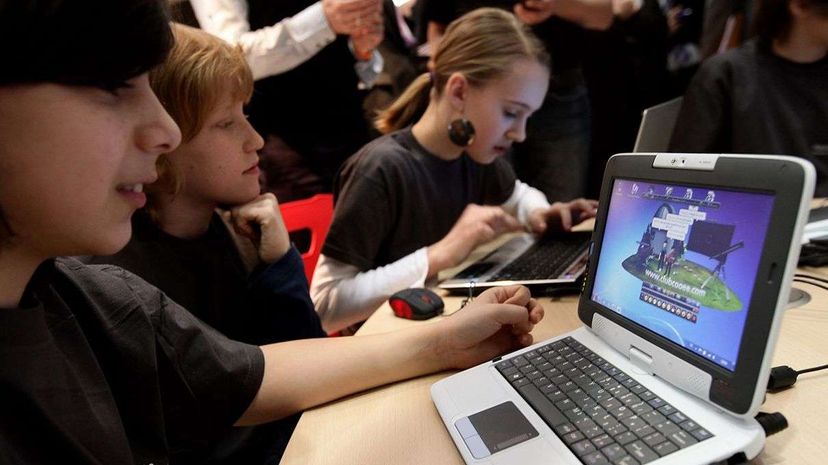
Imagine if you never learned addition in elementary school — and when you went to middle school, it wasn't part of the curriculum. Then came high school, where no one breathed a word about it. By the time you were a college freshman, however, you could at long last enroll in an addition course and tackle the topic as an adult.
This scenario may seem a little ridiculous, but it's a familiar timeline when it comes to computer science says Jeff Gray, a professor of computer science at the University of Alabama. It's not uncommon for a student's first formal education in coding to come in college, says Gray, also a member of the 10-person Education Advisory Panel for Code.org, an advocacy group for computer science education.
Advertisement
Much of what he teaches to elementary school kids is the same material as an introductory college course — with a few age-related adjustments.
"When we're teaching these concepts to school age children, we're teaching these concepts at the appropriate level," he says. "There's nothing magical about the concept of coding, but we've never integrated it in students' curricula like the topic was a first-class citizen."
With support from Code.org and the National Science Foundation, Gray has trained elementary and secondary teachers across the U.S. in ways to incorporate computer science into their lessons. When contacted by HowStuffWorks, Gray had just left a meeting at the White House where he'd been part of a discussion about the Computer Science for All, President Obama's initiative to empower American students from kindergarten through high school to learn computer science.
Advertisement

